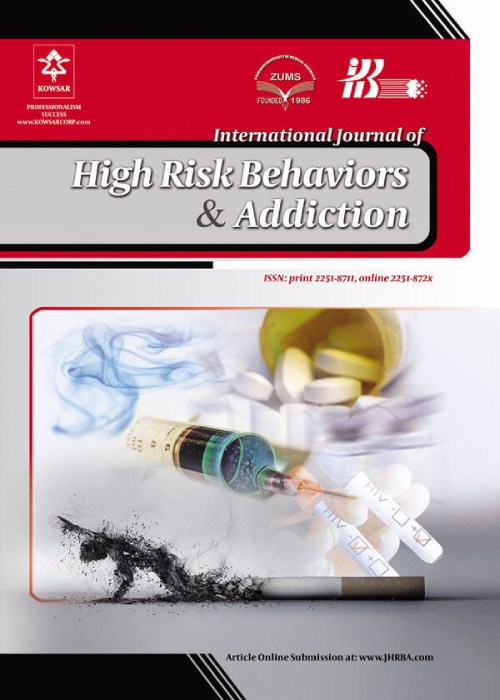The First 1000 Days of Life and the Risk of Future Drug Consumption
The first 1000 days of life last from the beginning of pregnancy to the age of two, a unique step that shapes the basis for a person’s health over their lifetime. Numerous studies have indicated the relationship between one’s first 1000 days of life and the consequent adverse outcomes in adulthood. However, to the extent that we have reviewed it, not a single study has shown the relationship between various aspects of an individual’s first 1000 days of life and the probability of drug consumption in adult life. Hence, the primary purpose of this narrative review was to understand the role of the first 1000 days of life on vulnerability to drug abuse later in life.
This article is a narrative review that has identified the role of the first 1000 days of life on susceptibility to substance abuse later in life. The articles were extracted from valid databases, including PubMed, Scopus, Science Direct, Web of Science, and Embase.
Various significant research has pointed to the mother’s distress and anxiety during pregnancy through embryonic planning, influencing the planning of the hypothalamic-pituitary-adrenal (HPA) axis and epigenetic changes. The intestinal microbiota is a part of a complex link named the microbiota-gut-brain axis that can affect drug abuse through the variety and number of intestinal microbiota. On the other hand, a mother’s drug consumption during pregnancy can function as chronic stress by affecting the enteric nervous system (ENS), which activates the concurrent axis of HPA and dopamine pathways by changing the reward circuit and the subsequent increase in drug abuse. The results indicated that various factors, such as exposure to adverse childhood experiences (ACEs), parental separation, and attachment insecurity, increase the probability of drug abuse in adulthood. Nevertheless, the quality of nurturing care during the first 1000 days of life and the mother’s warm relationship with children may hinder the increase in addiction in society.
The first 1000 days of one’s life are a crucial and delicate stage. If these days are tainted with unpleasant events, the various mechanisms can reduce a person’s resilience to drug abuse in later life. How the first 1000 days of an infant’s life and the quality of this period, such as prenatal stress, substance use during pregnancy, ACEs, maternal-infant bonding, maternal separation (MS), and intestinal microbiota, can affect drug abuse in the future. As a result, focusing on the first 1000 days of life is critical to adapting prevention strategies. Health policymakers can design suitable entries during pregnancy and early childhood to reduce the probability of drug abuse.
- حق عضویت دریافتی صرف حمایت از نشریات عضو و نگهداری، تکمیل و توسعه مگیران میشود.
- پرداخت حق اشتراک و دانلود مقالات اجازه بازنشر آن در سایر رسانههای چاپی و دیجیتال را به کاربر نمیدهد.



